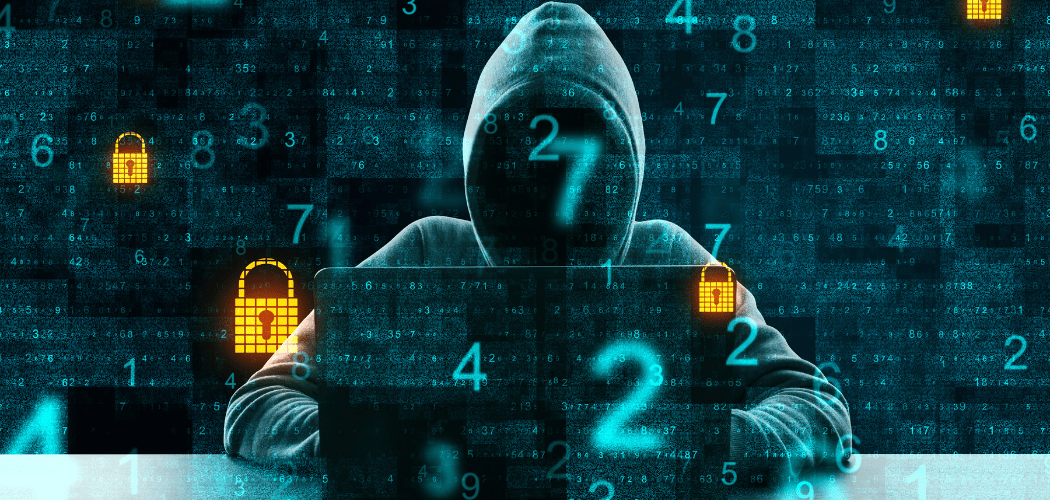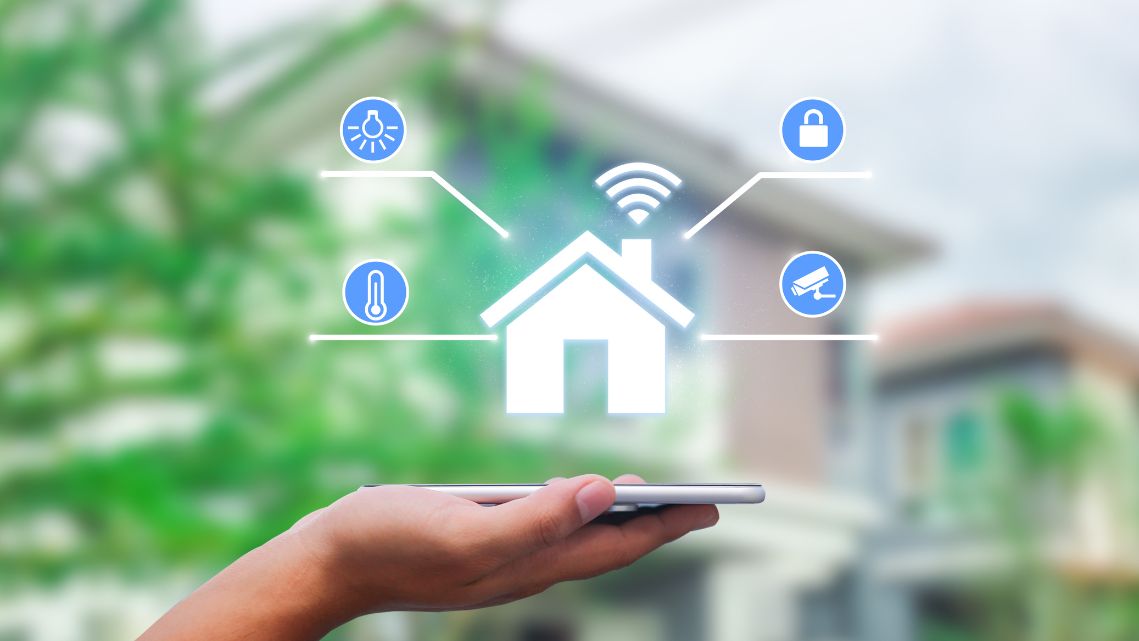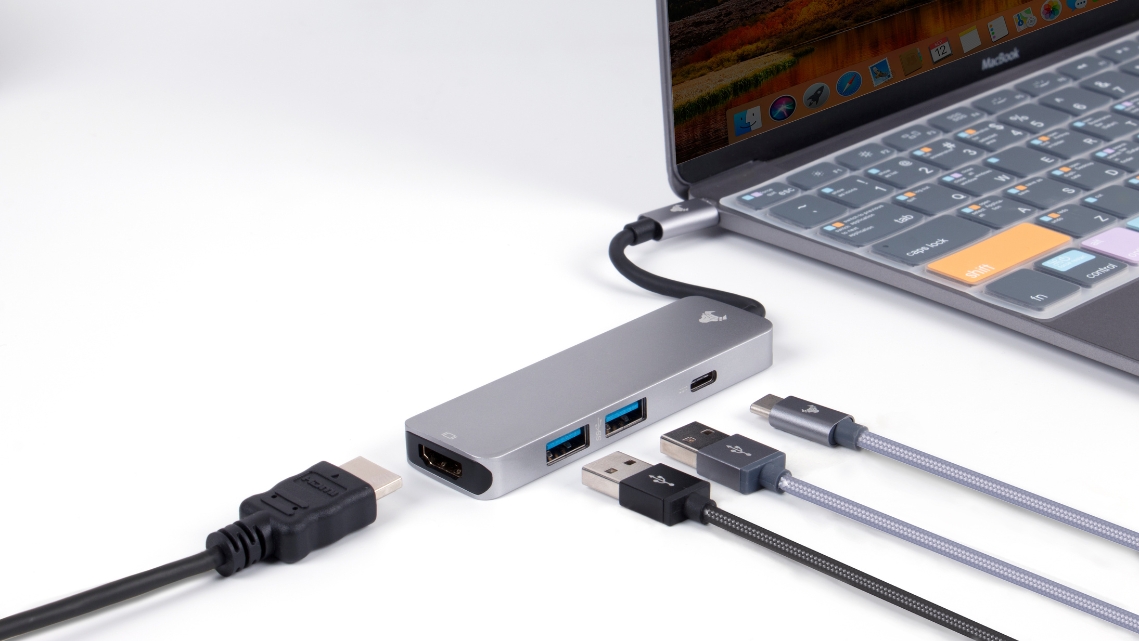Protect Your Computer from Viruses and Malware
Viruses and malware are a constant threat to your computer’s security. They can cause data loss, identity theft, and other serious problems. Protecting your computer from viruses and malware is essential to ensure its safety and security. In this article, we’ll explore some of the best ways to protect your computer from viruses and malware.

Use Antivirus Software
One of the most effective ways to protect your computer from viruses and malware is to use antivirus software. Antivirus software is designed to detect and remove viruses and malware from your computer. It can also protect your computer from future infections by scanning your computer in real-time and blocking malicious websites.
Keep Your Operating System and Software Up-to-Date
Keeping your operating system and software up-to-date is crucial to protecting your computer from viruses and malware. Software updates often include security patches that fix vulnerabilities that can be exploited by viruses and malware. By keeping your software up-to-date, you can ensure that your computer is protected against the latest threats.
Use a Firewall
A firewall is a network security system that monitors and controls incoming and outgoing network traffic. It can help protect your computer from unauthorized access and malicious software. Most operating systems come with a built-in firewall, but you can also use third-party firewall software for added protection.
Be Cautious When Downloading and Installing Software
Downloading and installing software from untrusted sources can put your computer at risk of infection by viruses and malware. Always download software from trusted sources and verify that the software is legitimate before installing it on your computer. Be sure to read user reviews and check the software’s reputation before downloading and installing it.
Be Cautious When Clicking on Links and Opening Email Attachments
Malware can be spread through links and email attachments. Always be cautious when clicking on links and opening email attachments, especially if they’re from unknown sources. If you’re not sure if a link or attachment is safe, don’t click on it.
Use Strong Passwords
Using strong passwords is important to protect your computer from unauthorized access. Strong passwords should be long, complex, and include a mix of uppercase and lowercase letters, numbers, and symbols. Avoid using the same password for multiple accounts and change your passwords regularly.
Back Up Your Data Regularly
Backing up your data regularly is important to protect your data in case of a virus or malware infection. If your computer becomes infected, you can restore your data from a backup instead of losing it. Use an external hard drive, cloud storage, or another backup solution to regularly back up your data.
In conclusion, protecting your computer from viruses and malware is essential to ensure its safety and security. By using antivirus software, keeping your operating system and software up-to-date, using a firewall, being cautious when downloading and installing software, clicking on links and opening email attachments, using strong passwords, and backing up your data regularly, you can protect your computer from viruses and malware.





